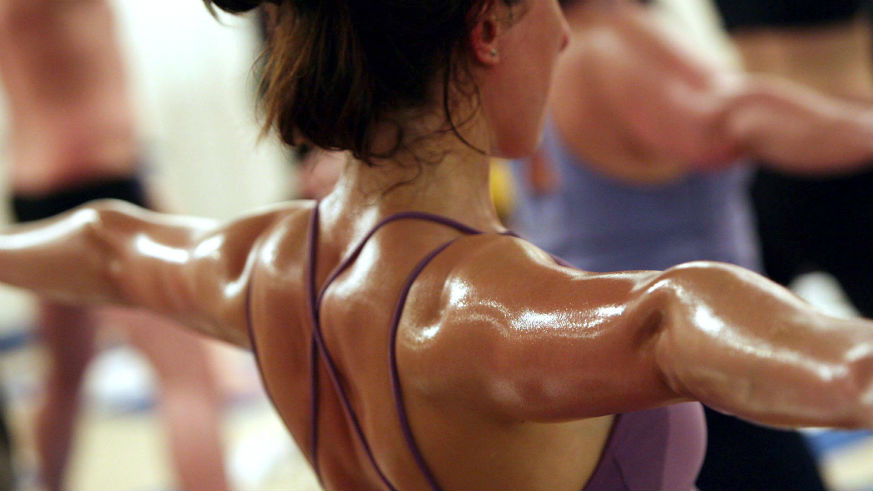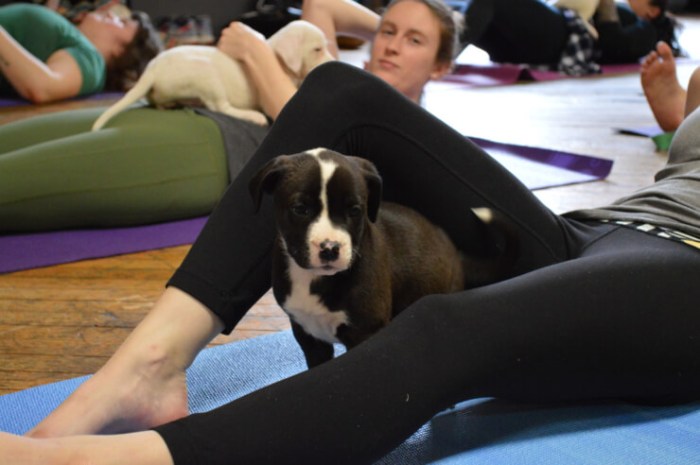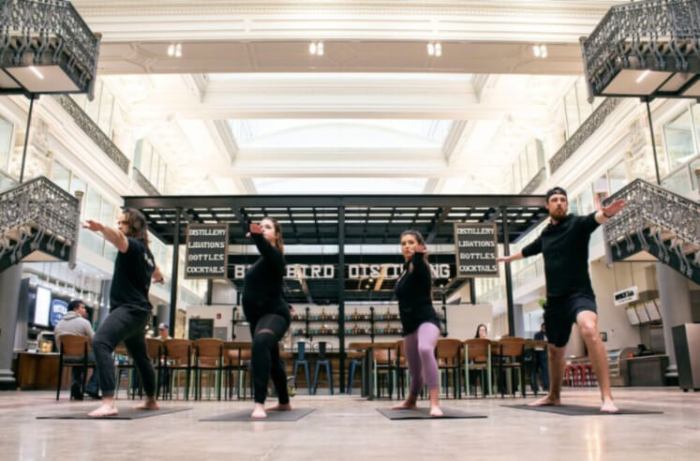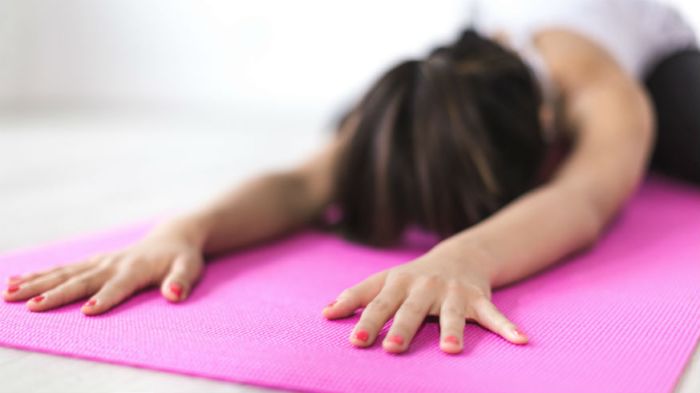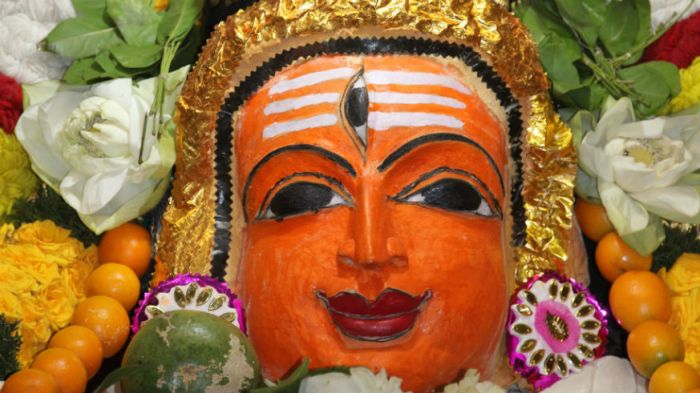Wringing sweat out of your Lululemon tank top after a sweltering hot yoga class is pretty satisfying — you survived! — but a new study shows that the added heat really isn’t doing anything extra for your heart health.
The study, published in the journal Experimental Physiology, showed that while the moves used in Bikram yoga are beneficial for cardiovascular health, the heat — often hitting 105 degrees Fahrenheit — isn’t a necessary component.
“It’s definitely showing benefits to the 26-posture sequence,” study author Stacy Hunter, an assistant professor in the department of health and human performance at Texas State University, said of the style of hot yoga popularized by the controversial Bikram Choudhury in the 1980s and 1990s.
“It just doesn’t seem like the heat is necessary in terms of improving heart health.”
For the study, researchers put 52 healthy but sedentary adults into three groups: one that went to three Bikram yoga classes a week; one that did the same workout in a room set to 73 degrees; and a third control group who didn’t do yoga at all.
After 12 weeks, the researchers evaluated everyone’s vascular health by measuring changes in endothelial function, or the ability of blood vessels to dilate in response to increased blood flow. Both of the yoga groups had positive changes that decreased their risk of heart disease, while the control group didn’t see a change.
Another surprising result: The Bikram group showed a slight decrease in body fat during their 12-week routine. However, other studies show that the dangers of working out in high temperatures — like a rapidly increased heart rate and higher core temperature — might not outweigh any perceived benefits to body weight and flexibility.
“This is good news for people who might want to do it but can’t tolerate the heat or maybe want to do it at home, or for people who don’t even live near a yoga studio,” said Hunter.
So, go ahead and do those that 26-pose Bikram sequence in normal temperatures if you want because you’ll get the same benefits in the end — sans the soggy britches.

